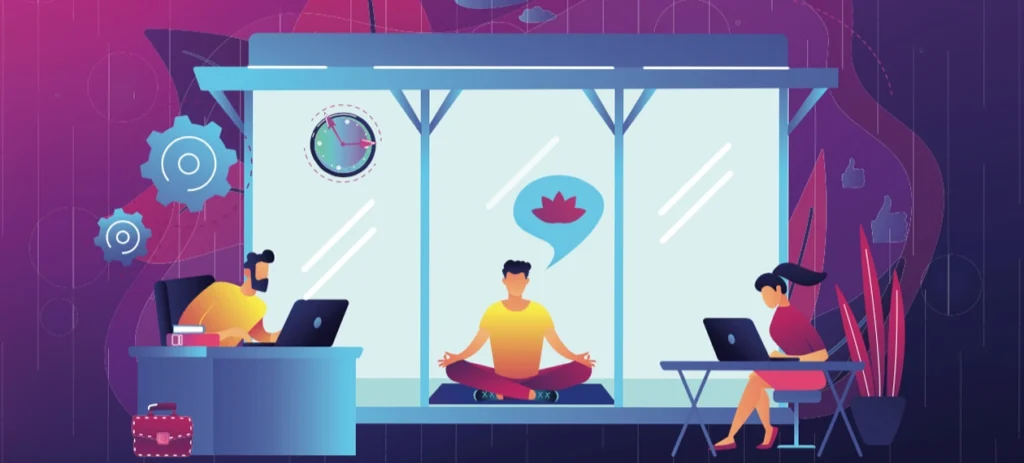
The Age of Distraction
The digital age has ushered in an unprecedented level of distraction. Notifications buzz, emails ping, and social media feeds constantly refresh, pulling our attention in multiple directions. According to a study by Microsoft, the average human attention span has dropped from 12 seconds in 2000 to just 8 seconds in 2023—shorter than that of a goldfish. This decline is often attributed to the overwhelming amount of information we process daily, as well as the addictive design of digital platforms that thrive on capturing and holding our attention.
The rise of multitasking has further exacerbated the problem. Many people pride themselves on their ability to juggle multiple tasks simultaneously, but research shows that multitasking often leads to reduced productivity and increased errors. Instead of accomplishing more, we end up spreading our focus thin, resulting in shallow engagement with our work and personal lives.
The Cost of Lost Focus
The consequences of lost focus are far-reaching. In the workplace, diminished concentration can lead to missed deadlines, lower-quality work, and increased stress. For students, constant distractions can hinder learning and academic performance. On a personal level, the inability to focus can strain relationships, as we struggle to be fully present with loved ones.
Moreover, the constant bombardment of information can take a toll on our mental health. The pressure to stay connected and responsive 24/7 can lead to burnout, anxiety, and a sense of being overwhelmed. The digital era, while offering countless opportunities, has also created a culture of perpetual busyness, where true rest and reflection are increasingly rare.
Reclaiming Focus in a Digital World
Despite the challenges, it is possible to reclaim our focus and cultivate deeper concentration in the digital age. Here are some strategies to help navigate the age of distraction:
The Path Forward
In the digital era, the ability to focus is not just a productivity tool—it’s a form of self-care. By reclaiming our attention, we can create space for meaningful work, deeper connections, and a more balanced life.
While technology will continue to evolve, our capacity for focus remains a uniquely human skill.
By nurturing this skill, we can navigate the digital age with intention and purpose, rather than being swept away by its currents.
In a world that constantly demands our attention, the power to focus is a revolutionary act. It’s time to take back control and rediscover the joy of being fully present in our lives.
